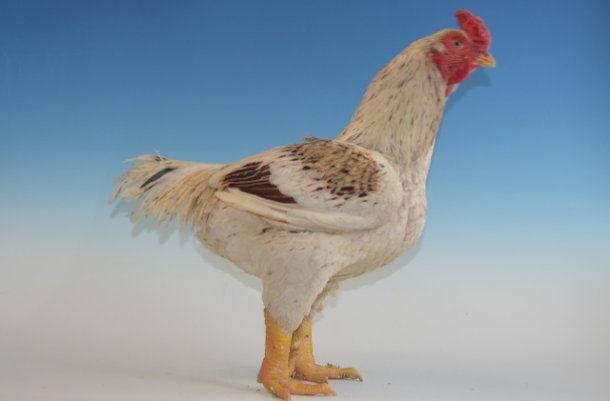Poultry: Reproduction & Incubation
Washing of hatching eggs
The washing of hatching eggs is not recommended although many producers think that visual cleanliness will increase their chances of incubation success. It is more important to stress providing good nesting facilities and frequent egg collection to reduce egg contamination. Cleaning of eggs will then become unnecessary.
The reason that washing is harmful is that washing aides bacteria to penetrate the egg shell through the small egg shell pores. The egg has many natural defences to prevent the bacteria from moving through the shell. Washing removes the egg shell’s natural defences against bacterial entry, and water provides an environment that allows the organisms to literally swim through the shell pores. When this occurs, the egg is overwhelmed by more bacteria than it can destroy and egg contamination results. Several washing aids and antibiotics have been tested to destroy the bacteria but have not consistently improved egg hatchability.
If dirty eggs must be used for hatching, it is recommended that they be incubated in an incubator separate from the clean eggs. This will prevent contamination of clean eggs and chicks if the dirty eggs explode and during hatching.
Source: Mississippi State University Extension Service – This page was last updated on October 14, 2010.

